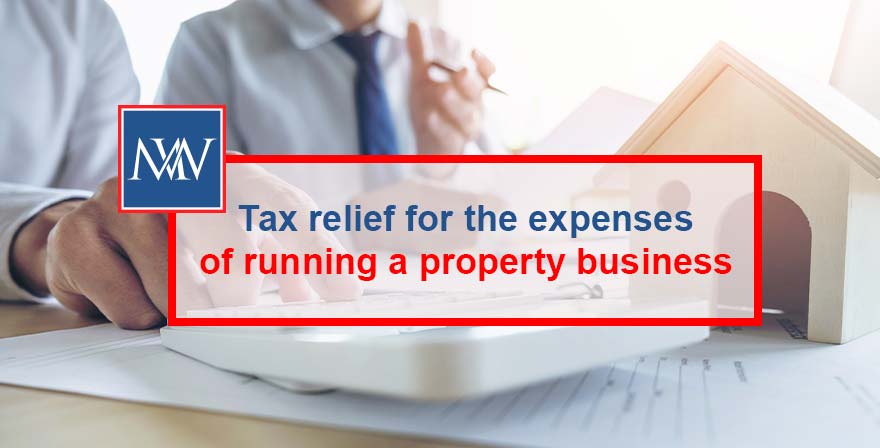Like any other kind of business, a property business has costs that can’t be avoided. But, if you meet certain requirements, you can get tax relief for the costs of running a property business.
Allowable expenses
As a general rule, a landlord can deduct costs that are entirely and only used to make money from renting out the property.
Some of the typical costs that a landlord with a rental property business might be able to deduct are:
- advertising costs;
- accountancy costs;
- cleaning costs;
- letting agency fees;
- gardening costs;
- repairs and maintenance;
- cost of utilities where met by the landlord;
- council tax where met by the landlord;
- legal fees;
- travel costs.
There is no help for costs that the tenant has to pay. In most buy-to-let situations, the renter pays for the utilities and council tax. But if a landlord rents out a furnished vacation home, he or she might pay the utility bills and any business rates. You can take these away.
Interest and finance costs
When figuring out their taxable profit, landlords who run a property business can’t deduct interest and finance costs like mortgage interest. Instead, they can take 20% of these costs off their tax bill. The most you can deduct is the amount of tax, so you can’t get money back. But any unpaid interest and financing costs can be added to the next payment.
These rules don’t apply to furnished vacation rentals, for which all interest and financing costs can be subtracted from profits.
Private and business expenses
Relief is only given for business expenses, and if a cost was paid for both business and personal reasons, relief is only given if the business part can be separated from the personal part. If, for example, a car is used for both personal and business purposes, the business mileage costs can be deducted, but not the personal ones. Rates based on miles driven can be used.
Domestic items
In a residential let, there are also different rules for things like furniture, decor, and white goods. There is no relief for the cost of the item when it was first bought, but when it is replaced, the cost of a like-for-like replacement can be used to figure out profits.
These rules do not apply to vacation rentals that are already set up.
Capital expenditure
Depending on how the accounts are made, capital spending can be treated in different ways. When rental income is less than £150,000, the cash basis is used by default. When this is used, capital expenses can be deducted from profits unless doing so is specifically forbidden. Land, buildings, and cars are the main things that don’t count.
Under the accruals method, relief can come in the form of capital allowances, which are limited if the property is rented out, or when figuring out the gain on the sale.

